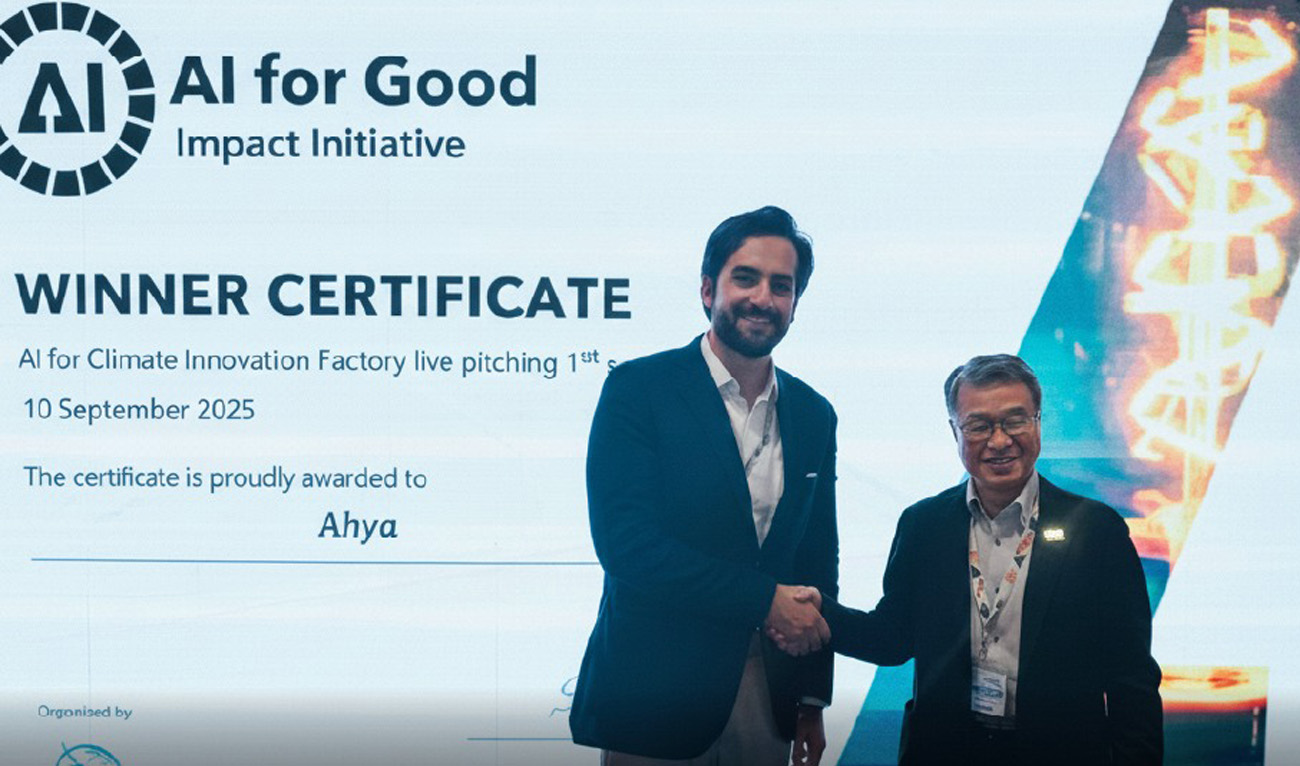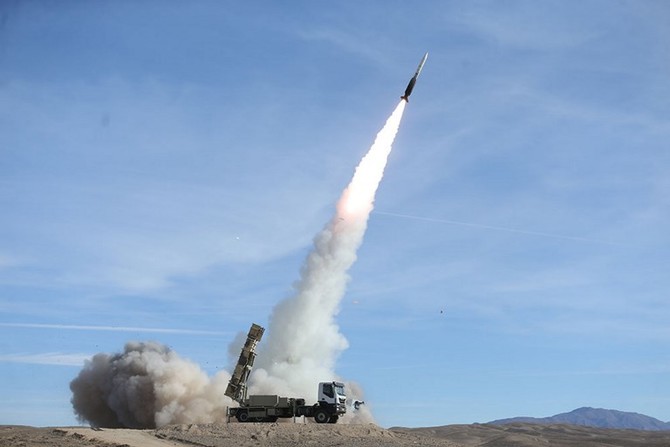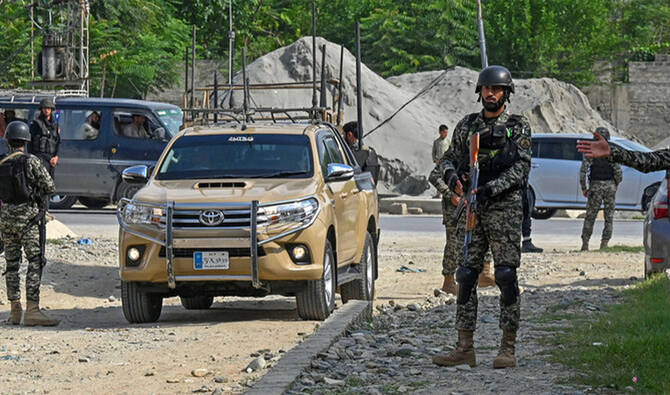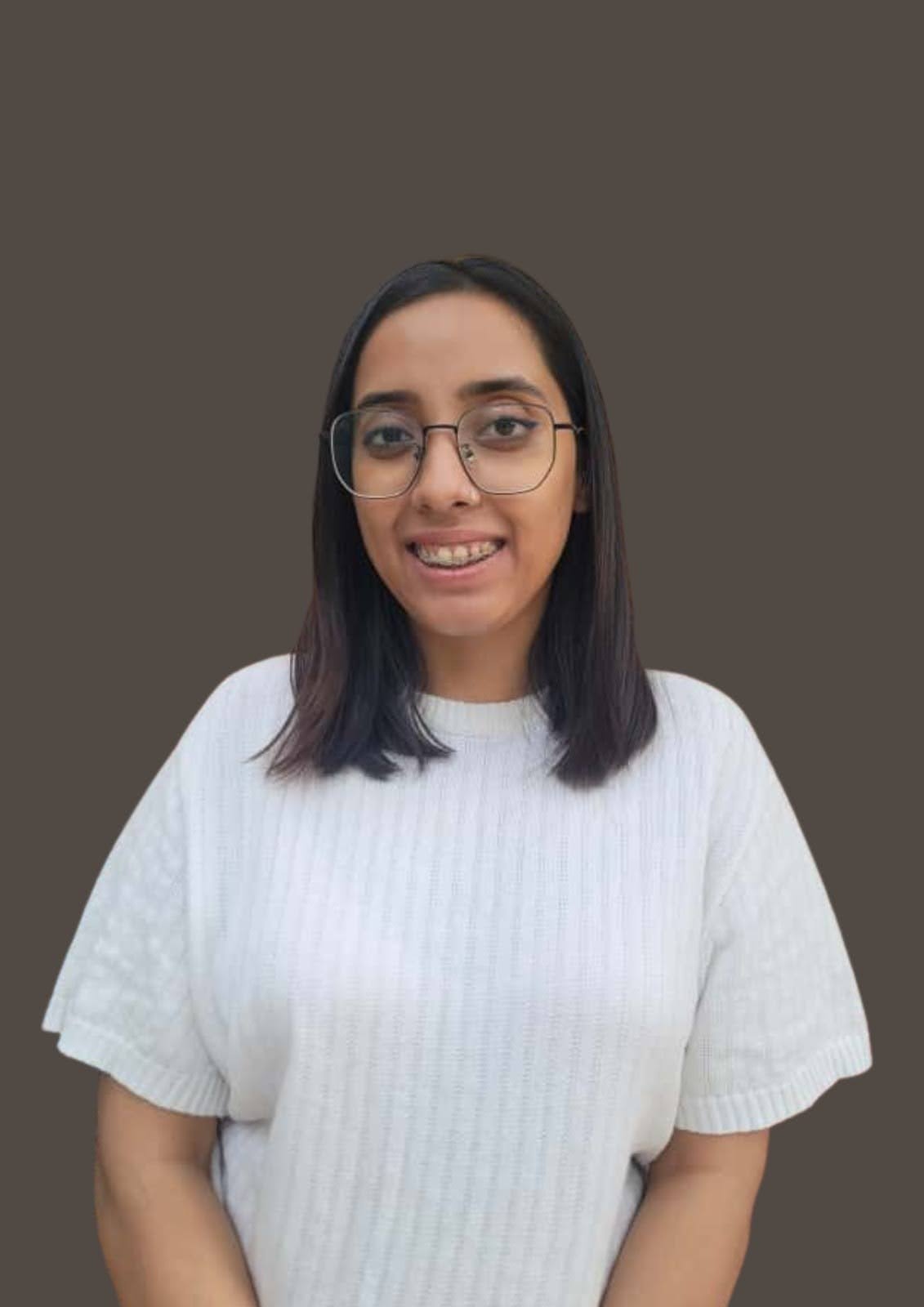KARACHI: Ahya Technologies, “Ahya,” a Pakistan-origin artificial intelligence startup headquartered in Saudi Arabia and the UAE, has won the 2025 AI for Climate Action Innovation Award from the UN-led AI for Good Impact Initiative.
The award was presented earlier this week in Belém, Brazil, recognizing Ahya’s leadership in deploying AI for the net-zero transition.
Ahya was selected from more than 300 global contenders working in carbon reduction, sustainable agriculture, and biodiversity protection. Founder and CEO Salaal Hasan showcased the company’s flagship platforms, AhyaOS and AhyaAI, during the ceremony.
In an official statement, the company said the award highlighted Ahya’s “unique ability to overcome data limitations,” a persistent obstacle for climate-vulnerable economies in the Global South.
Speaking to Pakistan TV Digital, Shehan Rayer, SVP Business, said Ahya tackles the region’s most fundamental problem: fragmented, incomplete, and non-digital climate data.
He explained that AhyaOS standardizes data from all sources, whether “spreadsheets, ERPs, invoices, utility bills, or even handwritten notes.”
“Winning the AI for Climate Action Innovation Award from UN-ITU is both an honor and a responsibility,” Hasan said in the press release.
“It reinforces our belief that artificial intelligence for data accuracy in emissions management is an economic need for transforming the Global South’s climate ambitions into measurable growth.”
Rayer described the win as “powerful global validation” that net-zero pathways built on “accuracy, transparency, and economic growth” are both viable and necessary.
He emphasized that the award proves sustainability is a “competitive advantage, not just a compliance cost.”
He added that the recognition brings an “immediate responsibility… to ensure the equitable and ethical rollout of AI in the Global South,” including advocacy for new governance frameworks in Digital Public Infrastructure (DPI).
These, he said, are essential to ensuring AI mitigates, rather than deepens, inequality.
Ahya’s technology is designed to convert climate risk from a regulatory burden into a profit-driving opportunity, particularly for banks and development financial institutions. Rayer cited a practical example: AhyaOS enables lenders to calculate financed emissions (PCAF) with a verifiable data trail across entire portfolios.
This transparency allows banks to identify climate risks early and support the creation of green bonds, sustainability-linked loans, and Sukuks for clients demonstrating real emissions reductions.
As an award recipient, Ahya will participate in the AI for Good Global Summit 2026 in Geneva. Rayer said the company’s core objective is “policy integration and collaborative scaling.” Ahya aims to position AhyaOS and its Tawazun platform as “foundational digital infrastructure” for national climate-action systems across the Global South.
He added that these partnerships are crucial for unlocking developmental financing, including concessional funds, to scale localized climate solutions.

.jpg)
.jpg)



